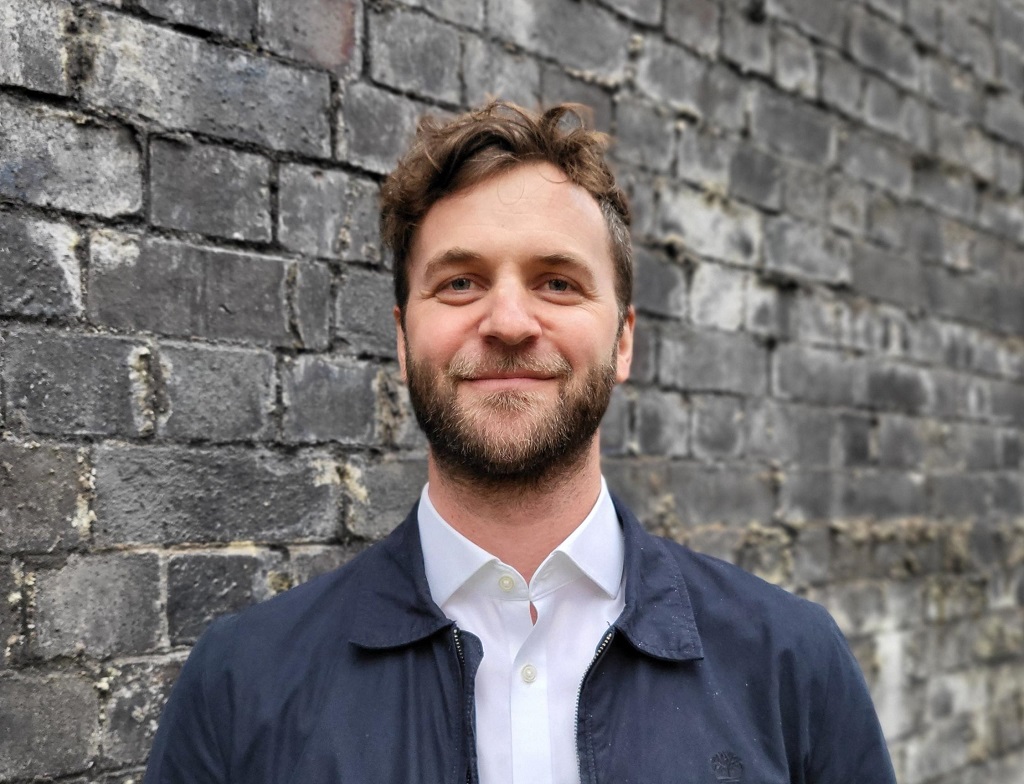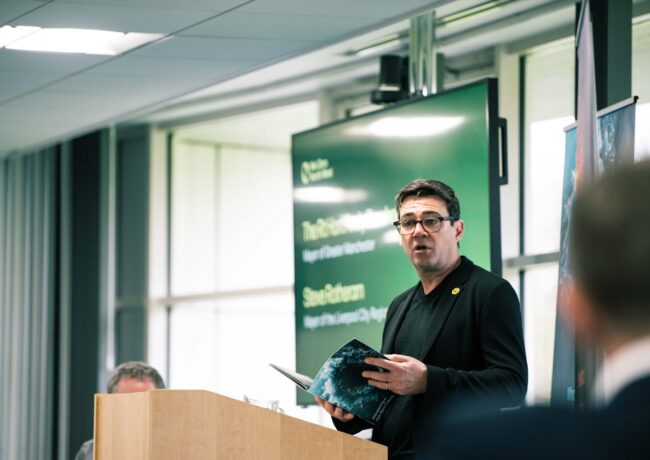‘Smellwalks’ promote alternative sense of cities
A University of Manchester researcher says planners and architects should take the sense of smell more seriously when they are designing cities.
Dr Victoria Henshaw has been leading a series of 'smellwalks' across cities in Britain, Europe and America, to find out how odours influence their relationship with the local environment.
Her latest walk in Manchester will follow a conference at the university on Monday afternoon due to be attended by leading lights on the subject including smell artists and local authority urban designers.
The university's Manchester Architecture Research Centre researcher said: "The study of people's everyday experiences of odour enables us to draw attention to key urban issues such as air quality, public health and social inclusion.
"Many people do not realise that the smell environments in cities are changing: pollution, for example, breaks down a smell as it travels through the air so that odours of vegetation are less likely to be detected.
"The strong smells of traffic pollution also frequently overlay, or mask, other smells in the environment so we are less able to detect them."
She added: "All of our senses – including smell – help us understand the world around us.
"But it isn't until people lose their smell that they come to appreciate the important role and influence it has in our everyday lives.
"Unique combinations of scents are stored in the back of our memories for long periods of time, and they are frequently at the forefront of our consciousness when first visiting unfamiliar territory."
Dr Henshaw's smellwalks have revealed different cities can vary significantly, as well as the way that local people respond to the odours they detect. She said: "My research shows how smell plays an important role in people's experiences and perceptions of different places.
"People frequently detect many more odours in cities than they might imagine, and without thinking about it, often associate specific smells with specific places."
According to Dr Henshaw, residents in Manchester, often recall the smells of the Boddingtons factory from the past as well as other industrial odours. They talk about the smells of the traffic and the buses in the city, the smell of the canal and plants in the small parks and green areas. A favourite Mancunion odour seems to be that of food, with lots of people mentioning the smell of the Chinatown area and that of Rusholme's curry mile. She said Manchester was home to a campaign when the air was scented with coffee smells to celebrate the opening of a bar in the Triangle Shopping Centre in 2005. The Imperial War Museum included the smell of the trenches in their exhibition on the First World War in 2010. And last month, Mancunians were able to detect the smell of jacket potatoes in specially equipped bus-stops as part of a smell-advertising campaign.




Ah, so is this why Peel sited the Trafford Centre downwind of the sewerage farm at Weaste?
By A_Noun
I remember the smell of Manchester in the ‘sixties’…I dont think I will ever forget it!!!!
By Willhelm
Mmmmm…I suppose Universities have to justify their existence but this ?
By Beryl Jones